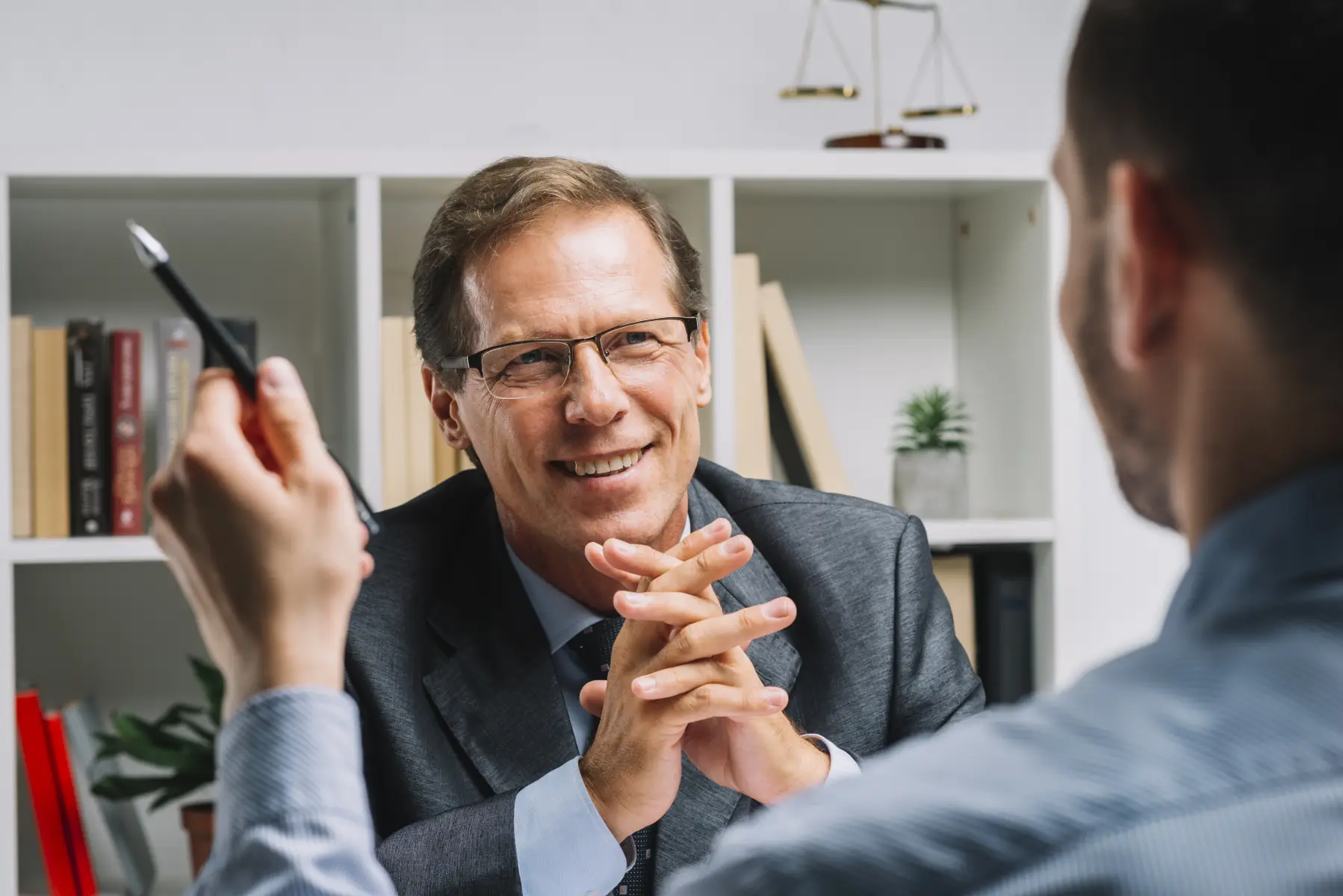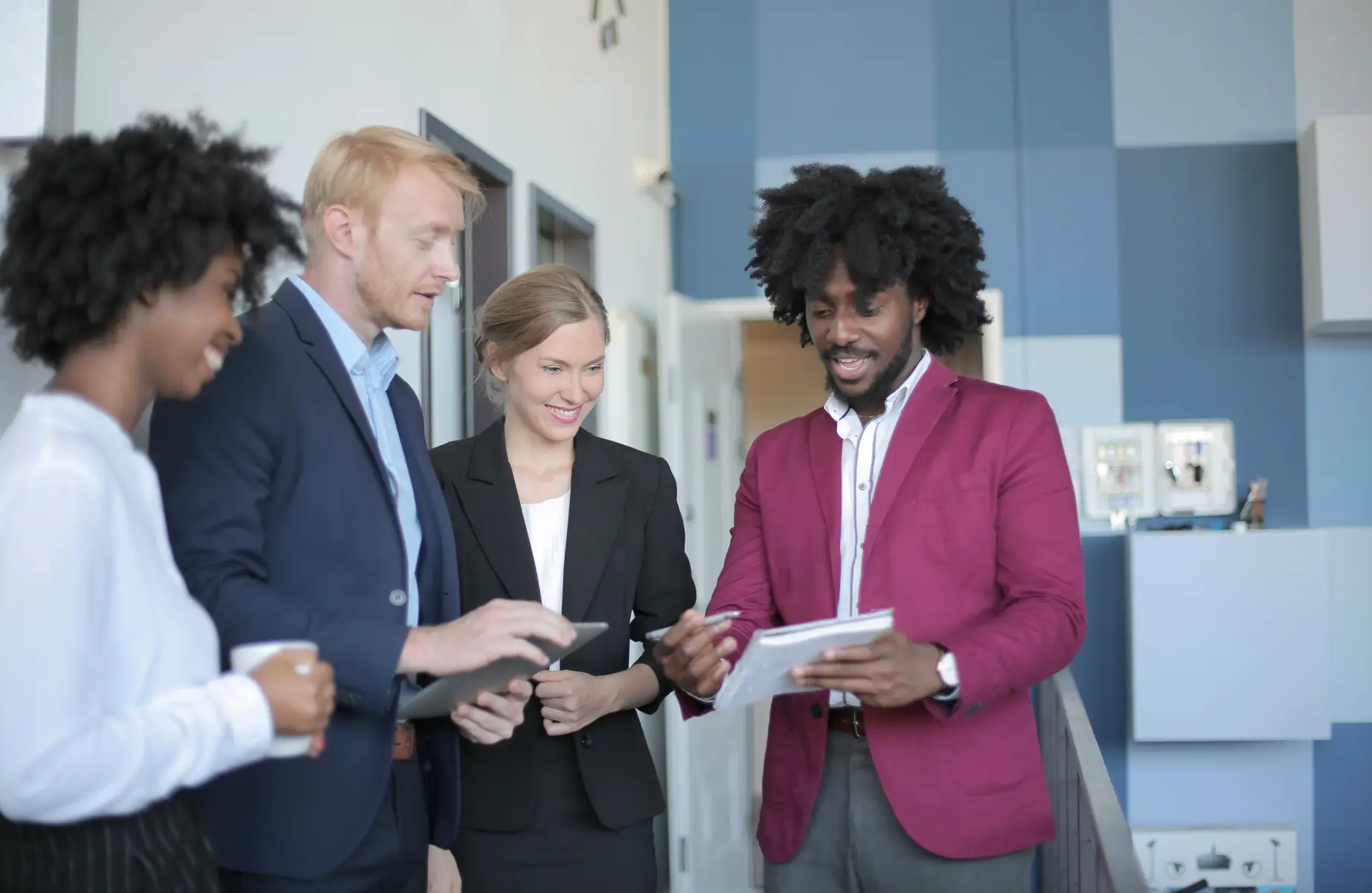The Role of Listening in Effective Communication
Effective listening is a cornerstone of successful legal practice. It allows lawyers to understand clients’ needs, concerns, and expectations, fostering stronger relationships and facilitating better outcomes. Unlike mere hearing, active listening requires engagement, interpretation, and response, making it an essential skill for any legal professional.
Listening is particularly important for lawyers for several reasons:
- Understanding Client Perspectives: Each client brings unique experiences and viewpoints. Active listening enables lawyers to capture these nuances, which can significantly influence case strategies.
- Building Trust: Demonstrating genuine interest through listening builds trust and rapport, essential elements in the attorney-client relationship.
- Identifying Underlying Issues: Effective listening helps lawyers uncover underlying issues or concerns that clients may not explicitly communicate, allowing for comprehensive legal advice.
By prioritizing listening skills, lawyers can enhance their overall communication effectiveness.
Characteristics of Active Listening
Active listening encompasses several key characteristics that distinguish it from basic hearing. These traits enable lawyers to engage more meaningfully with their clients.
Key Characteristics:
- Full Attention: Active listeners focus entirely on the speaker, minimizing distractions and maintaining eye contact. This attentiveness signals to clients that they are valued and heard.
- Nonverbal Cues: Body language, such as nodding and appropriate facial expressions, reinforces engagement and understanding.
- Reflective Responses: Active listeners reflect on what they hear by paraphrasing or summarizing the speaker’s message. This verifies understanding and clarifies any potential misunderstandings.
- Open-Ended Questions: Encouraging clients to elaborate through open-ended questions helps lawyers gather more information and demonstrates interest in the client’s perspective.
By embodying these characteristics, lawyers can practice active listening effectively, enhancing their client interactions.
Techniques for Improving Listening Skills
Lawyers can employ specific techniques to develop and enhance their listening skills, leading to more effective communication with clients.
1. Paraphrasing and Summarizing
Paraphrasing involves restating the speaker’s message in one’s own words. This technique confirms understanding and allows the speaker to clarify any misunderstandings.
- Technique: After a client shares important information, say, “What I’m hearing is…” followed by a summary of their key points. This technique helps reinforce that their message was understood.
2. Avoiding Interruptions
Interrupting disrupts the flow of conversation and can discourage clients from sharing their thoughts. Lawyers should practice patience and allow clients to finish their statements before responding.
- Technique: Use nonverbal cues to show engagement while the client is speaking. If you find it challenging not to interrupt, take notes to capture your thoughts for later discussion.
3. Demonstrating Empathy
Empathy goes beyond understanding words; it involves connecting with the speaker’s emotions. Demonstrating empathy fosters trust and encourages clients to share more openly.
- Technique: Use empathetic statements that acknowledge feelings, such as, “I can understand why you feel that way” or “It’s normal to feel overwhelmed in this situation.”
By incorporating these techniques into client interactions, lawyers can enhance their active listening skills and improve the quality of communication.
Real-World Applications of Active Listening in Legal Contexts
Active listening can be applied in various legal scenarios to improve client relationships and outcomes.
Examples of Active Listening Applications:
- Client Consultations: During initial consultations, active listening allows lawyers to gather critical information about the client’s case and concerns. This lays a strong foundation for trust and collaboration.
- Negotiation Settings: In negotiations, understanding the opposing party’s interests and concerns can lead to more effective resolutions. Active listening helps lawyers respond appropriately and create win-win solutions.
- Courtroom Interactions: During witness examinations or cross-examinations, practicing active listening enables lawyers to adapt their strategies based on the responses received, leading to more effective questioning.
Utilizing active listening in these contexts can significantly enhance the quality of legal practice.
Importance of Feedback in Communication
Feedback is an integral component of effective communication and plays a crucial role in active listening. It ensures that messages are accurately conveyed and understood.
Key Points about Feedback:
- Clarification Opportunity: Feedback allows lawyers to clarify any misunderstandings by asking follow-up questions or paraphrasing what the client has said.
- Encouragement for Openness: Providing feedback creates an environment in which clients feel safe to express their thoughts and concerns, encouraging open dialogue.
- Continuous Improvement: Soliciting feedback from clients about their communication preferences can help lawyers refine their listening techniques, ultimately enhancing client satisfaction.
By prioritizing feedback, lawyers can improve communication and foster stronger connections with clients.
Combining Coaching with Listening Skill Development
Coaching can be an effective way for lawyers to develop and refine their listening skills. Engaging with a coach provides structured support and personalized feedback.
Benefits of Coaching:
- Tailored Skill Development: Coaches can identify specific listening challenges that lawyers face and provide targeted strategies for improvement.
- Practical Exercises: Coaches can introduce role-playing scenarios and exercises to practice active listening in various contexts, enhancing confidence and competence.
- Accountability and Support: Regular coaching sessions allow lawyers to set goals for improving their listening skills while receiving encouragement and accountability throughout the process.
By integrating coaching into their professional development, lawyers can significantly enhance their listening abilities.
Conclusion: Building Listening Practices
Effective listening is essential for successful legal practice. By employing active listening techniques, lawyers can improve their communication with clients, foster trust, and achieve better outcomes.
Key Takeaways:
- Prioritize Active Listening: Engage fully with clients through focused attention, nonverbal cues, and reflective responses.
- Utilize Effective Techniques: Practice paraphrasing, avoid interruptions, and demonstrate empathy in conversations.
- Seek and Offer Feedback: Incorporate feedback as a tool for continuous improvement in listening skills.
- Consider Coaching Support: Explore coaching options to refine listening abilities and enhance overall communication effectiveness.
By committing to the development of effective listening practices, lawyers can significantly enhance their ability to connect with clients and elevate their legal practice.










